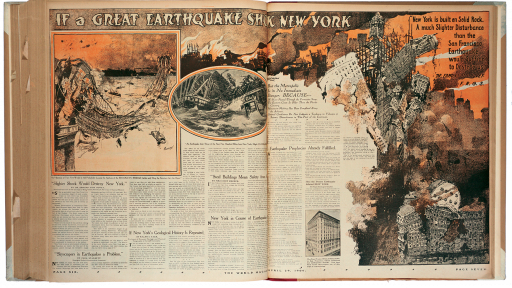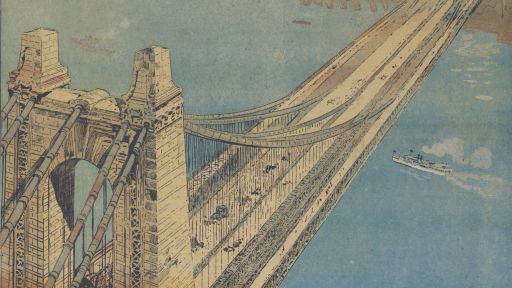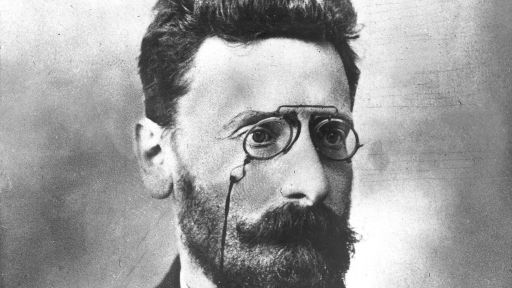Joseph Pulitzer fought for readership with his nemesis, William Randolph Hearst, in the mid-1890s. Both crossed the line into “yellow journalism” during the Spanish-American War.
Features
(tense music) - [Narrator] Both Hearst and Pulitzer were lambasted for Yellow Journalism, defined as overheated, entertaining, and often inaccurate news reporting.
- Joseph Pulitzer, to his great credit, later regretted his role in that episode.
- [Joseph] I do not say that the world never makes mistakes.
There are not half a dozen papers in the United States which tamper with the news, which publish what they know to be false.
But if I though that I had done no better than that, I would be ashamed to own a paper.
It is not enough to refrain from publishing fake news.
You have got to make everyone connected with the paper, your editors, your rewritemen, your proofreaders, believed that accuracy is to a newspaper what virtue is to a woman.
- Hearst, on the other hand, never had any second thoughts.
In fact Hearst boasted about the war, during it and afterward.



